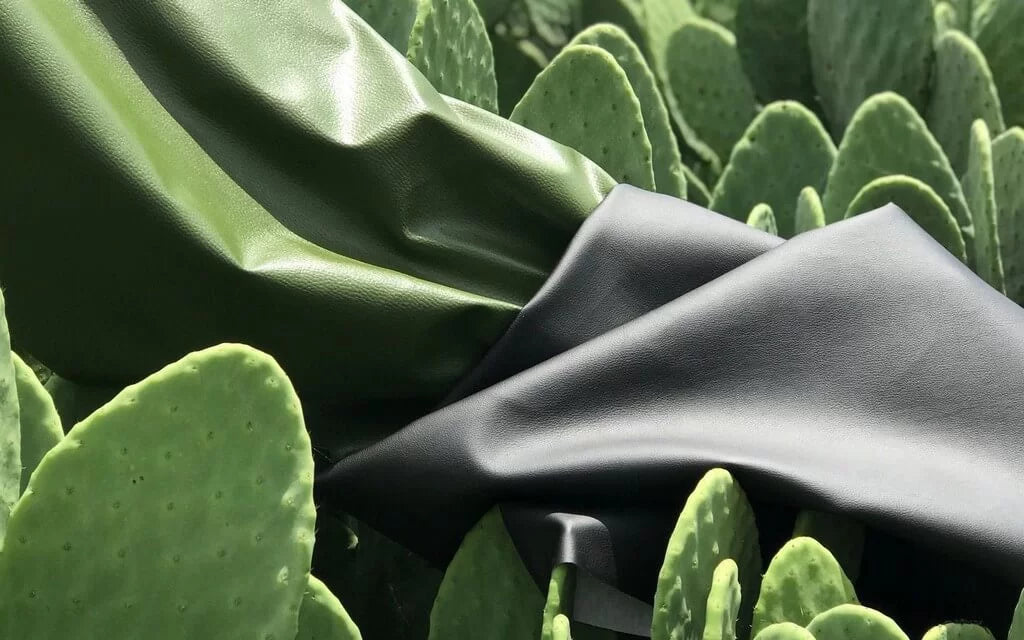Vegan leather, also known as faux leather or synthetic leather, is a material that is designed to mimic the look and feel of real leather but is made from non-animal sources. It is an alternative to traditional leather, which is made from the hide of cows, pigs, or other animals. Vegan leather is often used in the fashion and accessories industry, as well as in the production of furniture, car interiors, and other products.
There are a few different types of materials that can be used to make vegan leather, including polyurethane, polyvinyl chloride (PVC), and microfiber.
Polyurethane (PU) vegan leather is made by coating a base material, such as cotton or polyester, with a layer of polyurethane. This type of vegan leather is often used in the production of clothing, bags, and other accessories. It is generally more breathable and flexible than PVC vegan leather, but it can also be less durable.
Polyvinyl chloride (PVC) vegan leather is made by coating a base material with a layer of PVC. This type of vegan leather is often used in the production of furniture and car interiors, as it is more durable and resistant to water and stains than PU vegan leather. However, PVC vegan leather can be less breathable and more rigid, and it is often considered to be less environmentally friendly due to the use of potentially harmful chemicals in its production.
Microfiber vegan leather is made from a blend of microfiber and synthetic materials, such as polyester or nylon. It is a newer type of vegan leather that is becoming more popular due to its durability and environmental sustainability. Microfiber vegan leather is often used in the production of bags, shoes, and other accessories.
Advantages of Vegan Leather
There are a few key advantages to using vegan leather over traditional leather. First and foremost, it is a more ethical and humane choice, as it does not involve the exploitation or harm of animals. Vegan leather is also generally more environmentally friendly than traditional leather, as it does not require the use of land, water, and other resources to raise and process animals. Additionally, vegan leather is often less expensive than traditional leather, making it more accessible to consumers.
Drawbacks of Vegan Leather
However, there are also a few potential drawbacks to vegan leather. Some types of vegan leather, such as PVC, can be less environmentally friendly due to the use of potentially harmful chemicals in their production. Vegan leather also tends to be less durable than traditional leather, which may be a concern for certain products that are expected to have a long lifespan. Finally, vegan leather may not have the same look and feel as traditional leather, which may be a concern for some consumers.
Conclusion
Overall, vegan leather is a viable alternative to traditional leather for those who are looking for a more ethical, environmentally friendly, and affordable material. While it may not have the same durability and authenticity as traditional leather, it can be a good choice for those who want to reduce their impact on animals and the environment.

